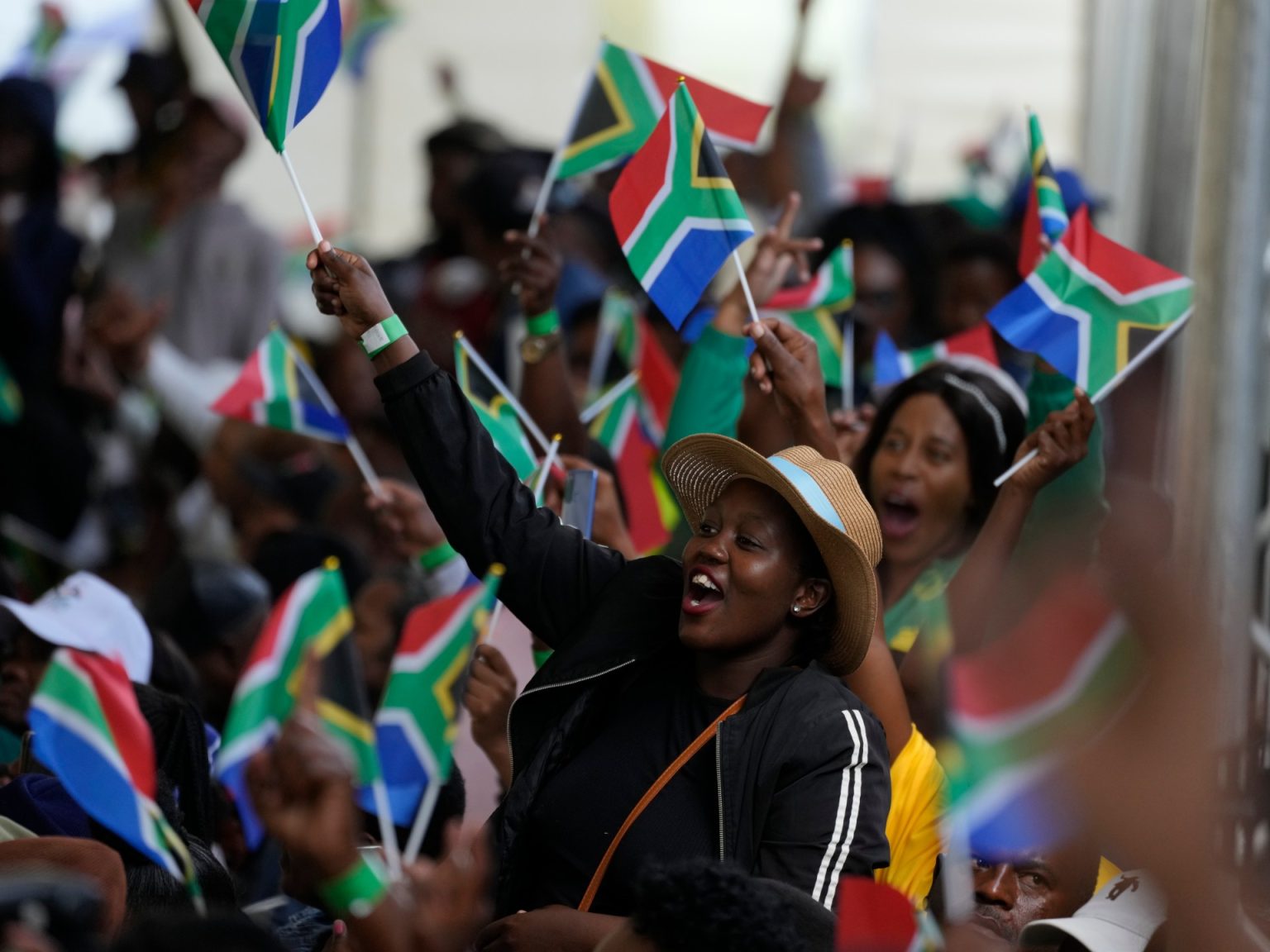President Cyril Ramaphosa recently marked 30 years of democracy in South Africa, celebrating the country’s achievements since the end of apartheid. He reflected on the historic moment in 1994 when the first democratic election saw the African National Congress (ANC) win overwhelmingly, making Nelson Mandela the country’s first Black president. Ramaphosa praised the progress made in the past three decades, highlighting the development of a new constitution that guarantees equality for all South Africans.
Despite the ANC’s significant role in liberating the country, the party is currently facing challenges and struggling in the upcoming elections. The government has been criticized for being unable to effectively address issues such as poverty, economic inequality, crime, and unemployment. The ANC’s popularity has declined, with recent polls indicating a drop in support from more than 57 percent to just over 40 percent. If the party fails to secure a majority in the upcoming elections, they may need to form coalitions to remain in power.
South Africa continues to grapple with high levels of unemployment and widespread poverty, leading many citizens to question the impact of democracy on their lives. A young voter from the Alexandra Township in Johannesburg expressed dissatisfaction with the lack of progress since the apartheid era, stating that life is not much different for her generation. She emphasized the importance of voting in the upcoming elections in the hope of seeing positive change in the country.
Ramaphosa acknowledged the challenges facing South Africa, including corruption, economic inequality, and unemployment, but remained optimistic about the country’s future. He highlighted the government’s achievements in areas such as land reform, housing, healthcare, and infrastructure development. Despite these advancements, critics argue that the ANC has not done enough to improve the lives of all South Africans, particularly those in marginalized communities.
As South Africa commemorates 30 years of democracy, the country is at a critical juncture. The ANC, once revered for its role in the fight against apartheid, is now under scrutiny for its failure to address pressing issues affecting citizens. The upcoming elections will serve as a litmus test for the ANC’s continued relevance and ability to govern effectively. With growing discontent among voters, the party faces the challenge of regaining trust and ensuring that democracy translates into tangible improvements in the lives of all South Africans.
In conclusion, the 30th anniversary of democracy in South Africa is a moment of reflection on the progress made since the end of apartheid. While acknowledging achievements, including the establishment of a new constitution and various development initiatives, there is a recognition of the challenges that still persist, such as poverty, inequality, and unemployment. The upcoming elections will be a crucial moment for the ANC, as the party seeks to retain power amidst growing dissatisfaction among voters. The future of South Africa’s democracy will depend on the ability of its leaders to address the plight of all citizens and fulfill the promise of freedom and equality for all.













